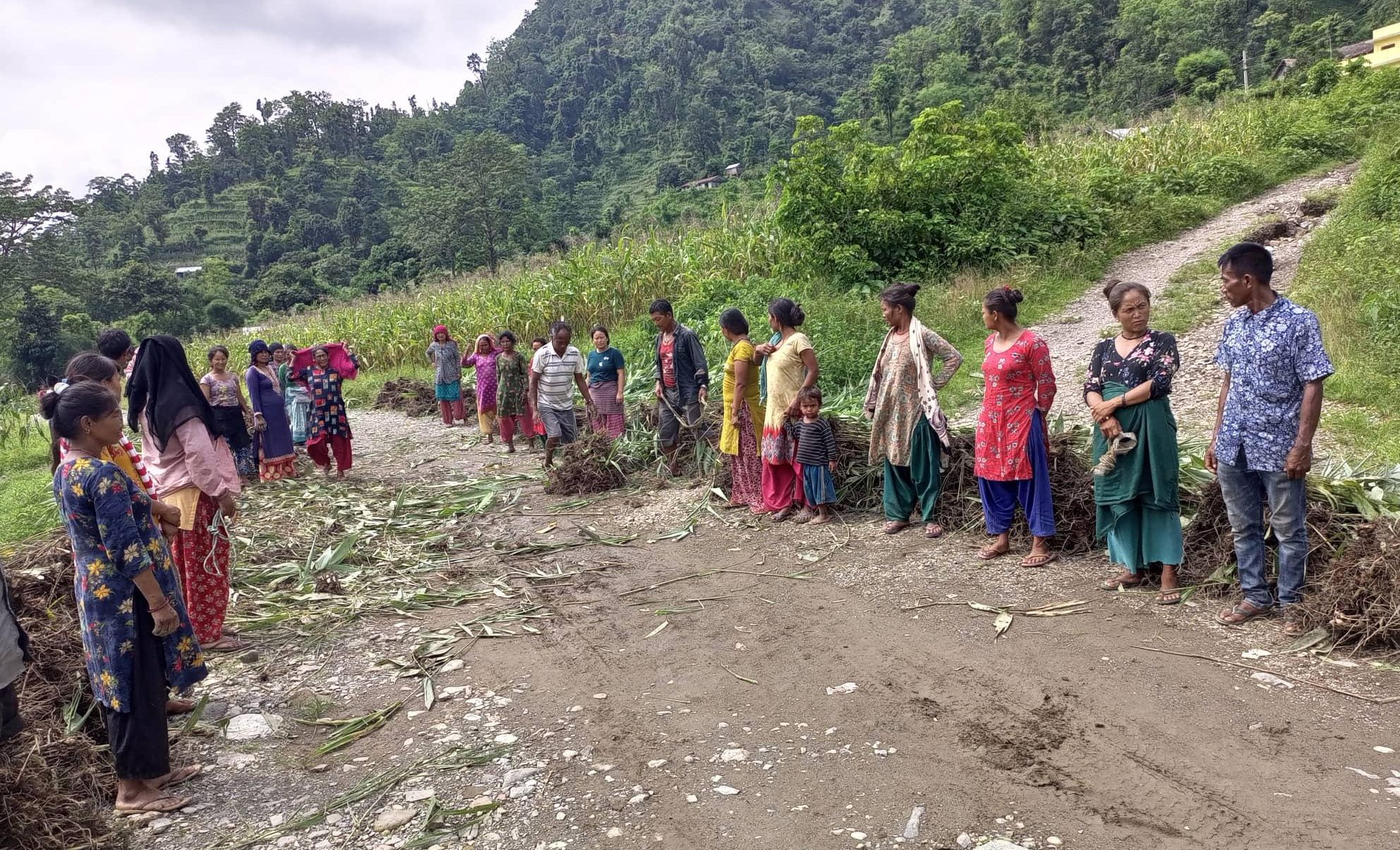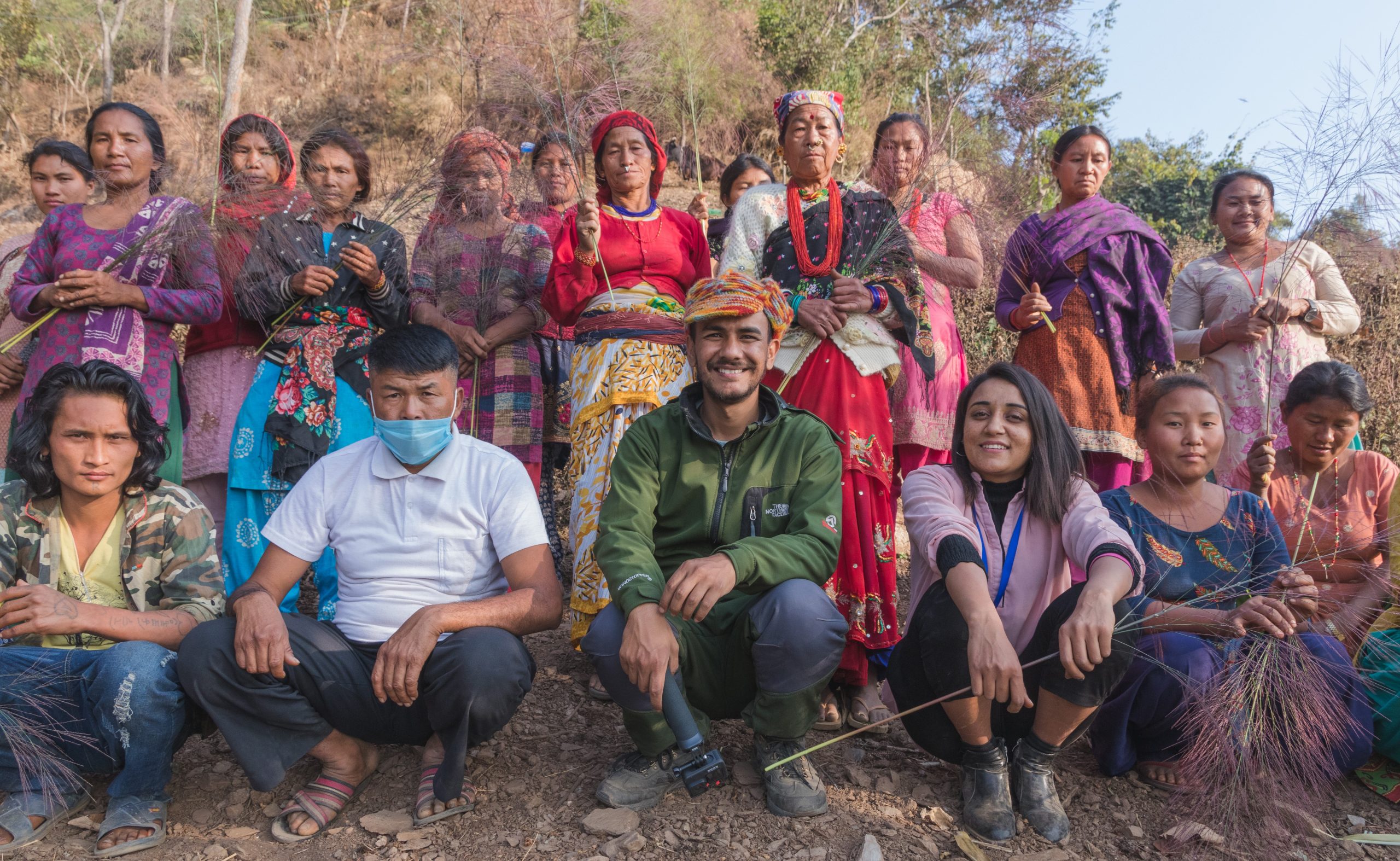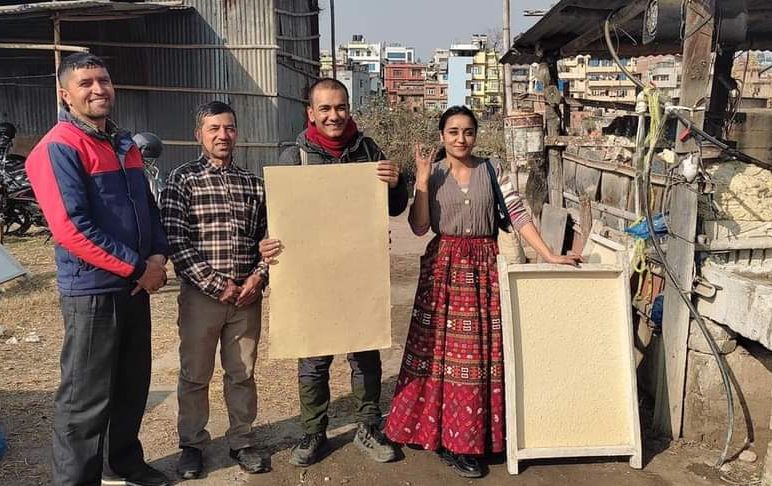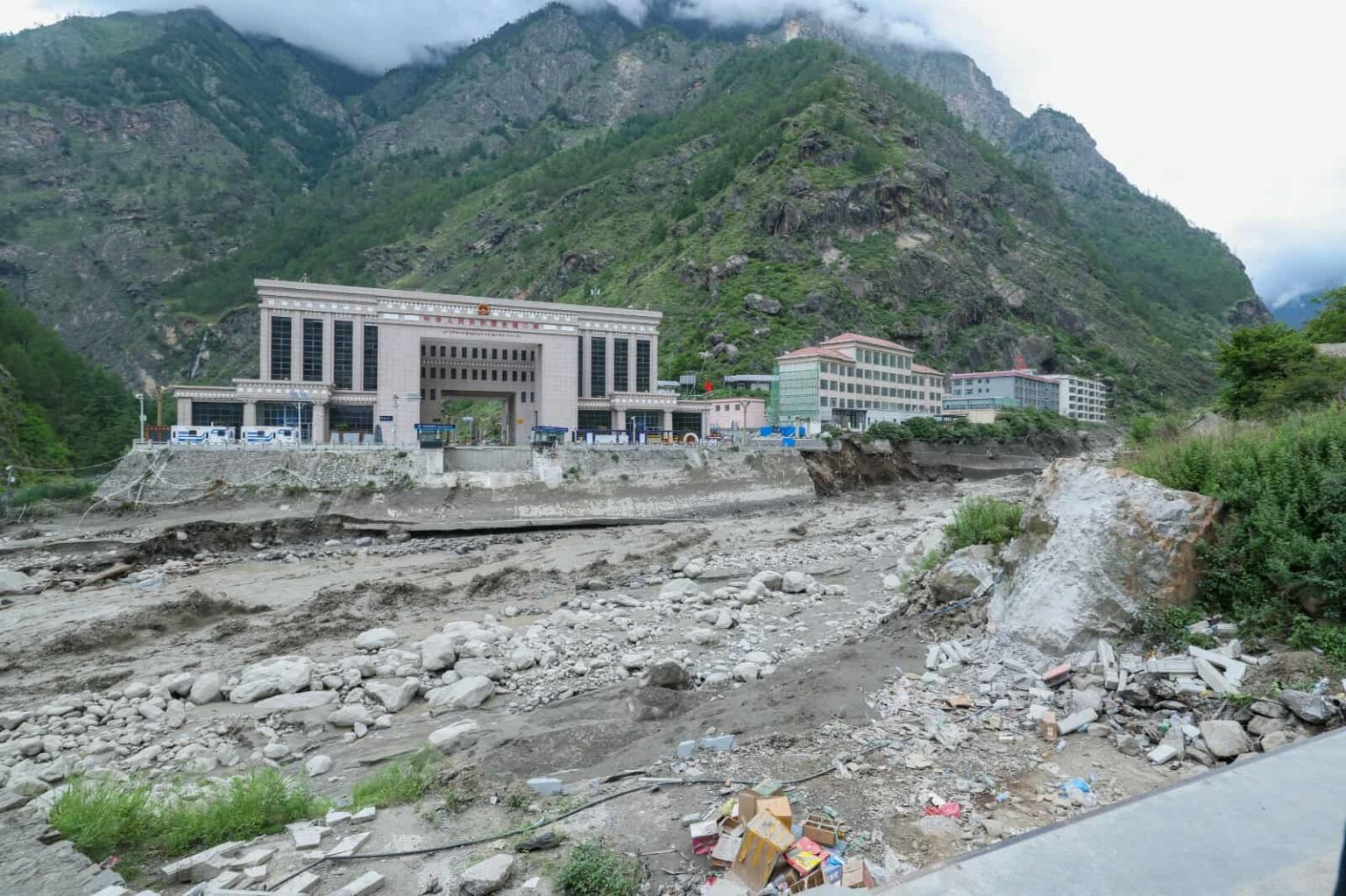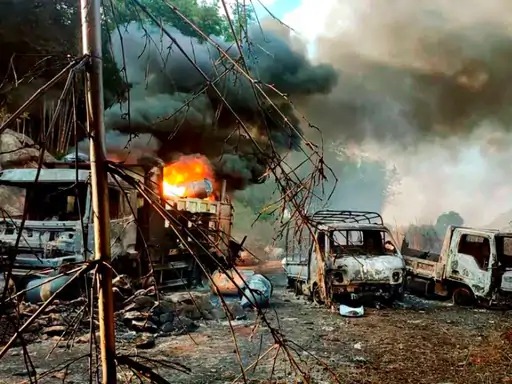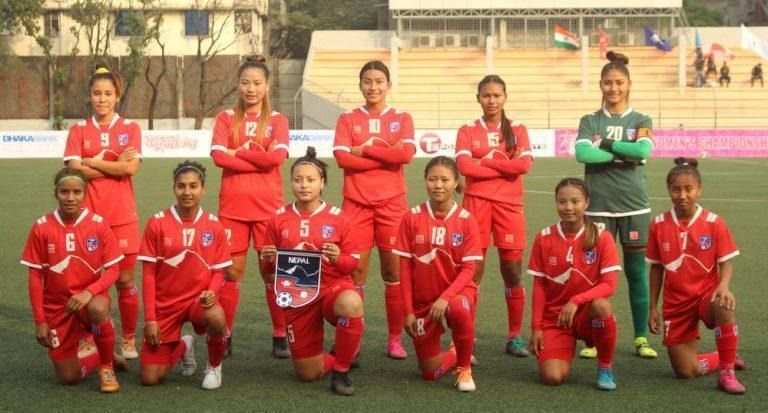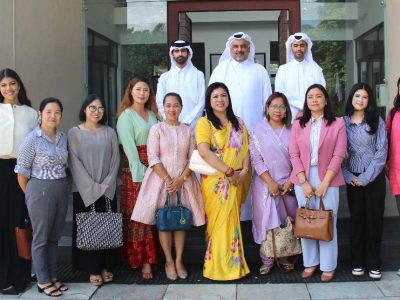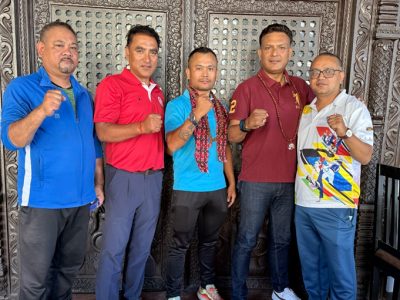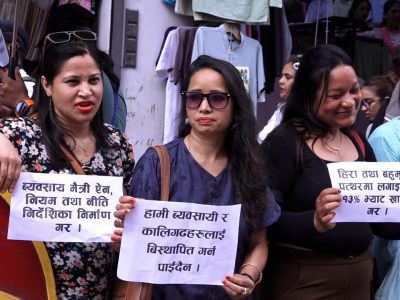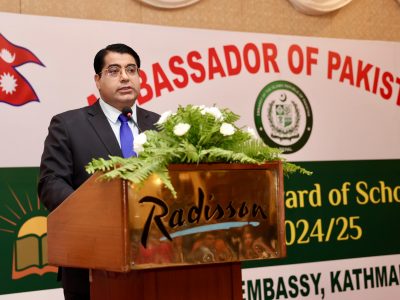From Barren Hills to Green Oasis: How Broom Grass is Uplifting the Chepang Communities of Nepal

Imagine waking up every day surrounded by the beauty of nature but also facing the harsh realities of a life confined by circumstances beyond your control. This is the everyday reality for the Chepang community in Nepal. Every year, they face the devastating effects of landslides that cut them off from the rest of the world, leaving them stranded and isolated.
As you try to leave your village, you realize that the only means of transportation has been barred, forcing you to walk miles on end just to reach the nearest town. This not only takes a physical toll on you but also leaves you emotionally drained, as you cannot pursue your dreams and opportunities beyond your immediate surroundings.
But the challenges do not end there. As a citizen of Nepal, you are no stranger to the struggles of climate change, economic problems, and political turmoil. However, for the Chepang community, these challenges are amplified due to their geographical remoteness, making it even harder to access basic resources and services that most people take for granted.
All of these challenges weigh heavily on your heart, and as you struggle to overcome them, you can’t help but feel trapped and confined in a world that doesn’t seem to care about your struggles. But amidst all the hardships, there is still hope, barriers will be broken, the roads will be built, and the Chepang community will be able to reach for the stars and pursue their dreams, just like anyone else. To make this hope come true, a youth-led organization, Bighnaharta Nepal, has been working with the community for the past four years in Raksirang Rural Municipality of Makwanpur.
The “Bio-engineering Social Enterprise for Disaster Risk Reduction and Livelihood Upliftment” project implemented by Bighnaharta Nepal has been a game-changer for the Chepang communities. Working alongside the provincial and local government, forest department, and community members, the project identified areas prone to landslides and mobilized vulnerable households to plant broom grass locally known as Amriso (Thysanolaena Latifolia). The households were ensured safety when mobilized through the “Food for Work” modality. Their livelihoods were uplifted as they connected with the market and started selling the brooms they produced.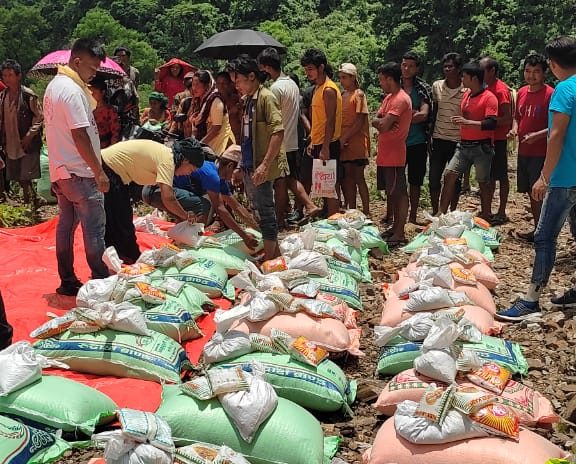
Previously, the Chepang communities had few opportunities for livelihood and were forced to rely on daily wages and labor work to make ends meet. But the broom grass project has transformed their lives, providing them with a steady source of income and allowing them to use the leaves for fodder and fuel. The project has benefited 1610 households, drastically improving their living standards. The households have earned on average NPR 20,000-NPR 40,000 per harvest by planting 900,000+ brooms grass in 1000+ landslide-prone areas and 300+ barren lands and producing 800,000+ brooms. In addition to providing economic stability, the broom grass project has also mitigated landslides by 90%, making the community safer than ever before.
While the plant’s flowers are used to make brooms, the stalks are agro-waste left behind. With approximately 322 tonnes of agro-waste produced by over 1600 households yearly, the burning and disposal of this waste in land and nearby rivers have led to air, land, and water pollution. This issue has started negatively affecting the ecosystem and contributes to global warming. The project further started research on managing broom grass agro waste and discovered that its fibers could be used to make eco-friendly Nepali Kagaj (Paper). With the research, the project has successfully prototyped Nepali Kagaj from broom grass for the first time in Nepal. With this, the project aims to set up a community-run factory producing brooms and Nepali Kagaj, giving more job opportunities and creating a circular economy.
This project has demonstrated the power of community-led initiatives, which can profoundly impact marginalized and vulnerable communities’ lives by collaborating with various stakeholders and using sustainable nature-based solutions. The Chepang communities have gone from struggling to surviving and thriving, thanks to the Bio-engineering Social Enterprise for Climate Action and Livelihood Upliftment project. It has given them hope for a better future and empowered them to take control of their lives. This transformation is a testament to the strength and resilience of the human spirit and the power of community-driven change.
Garima Bista is a content writer at Bighnaharta Nepal, and she is currently pursuing a law degree at Nepal Law Campus, Tribhuvan University.
Facebook Comment
latest Video
Trending News
- This Week
- This Month


